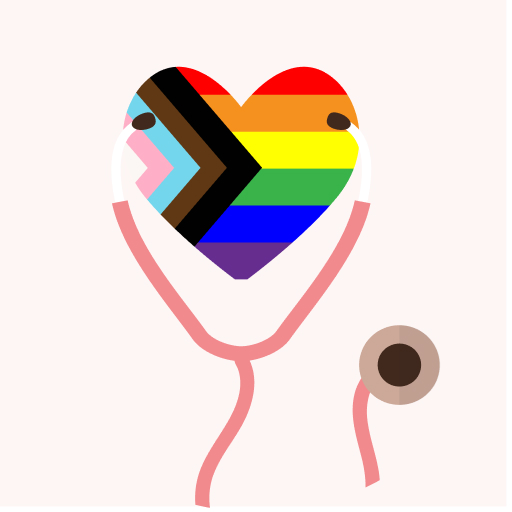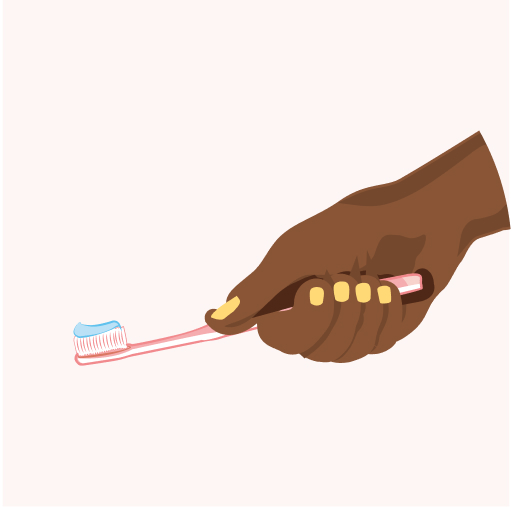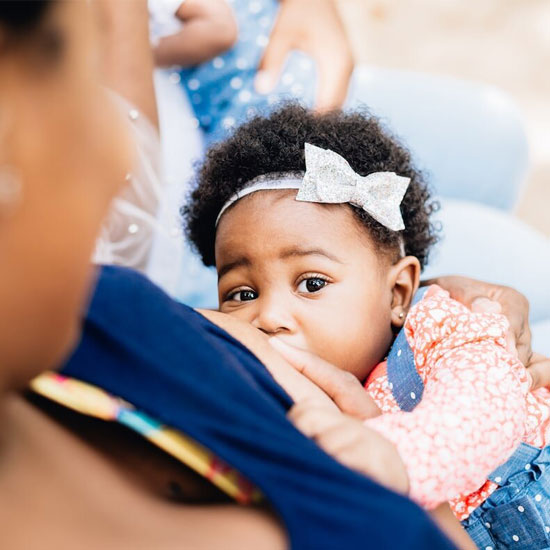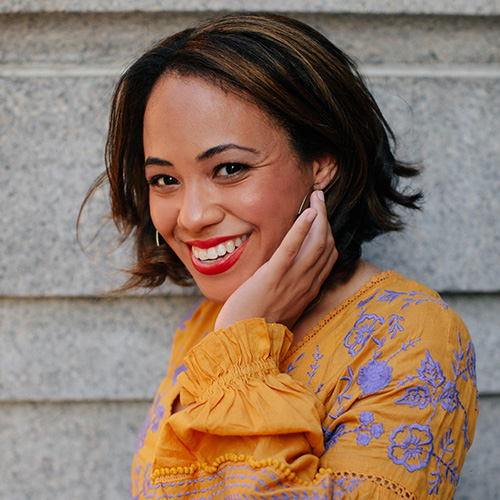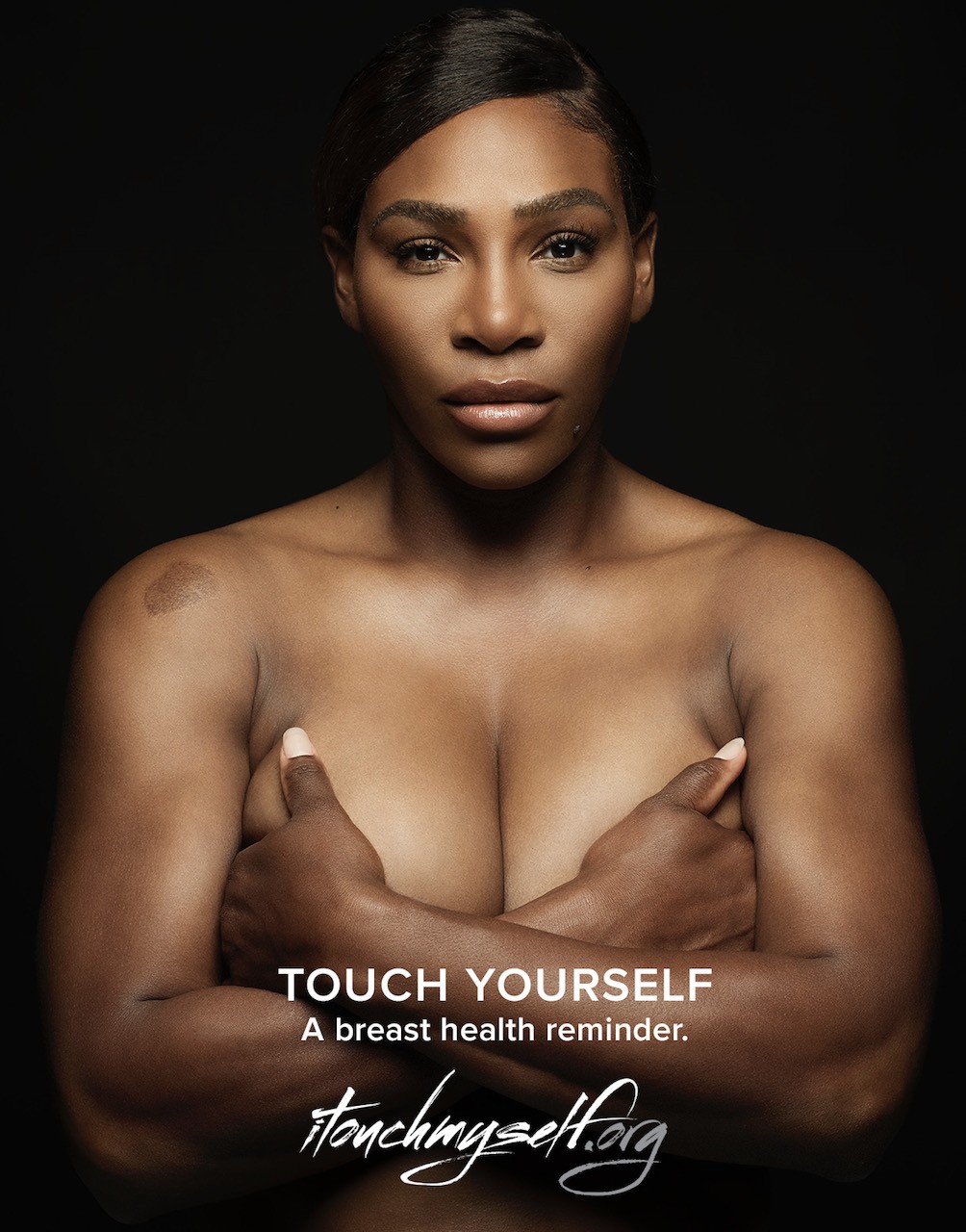
Know Your Girls: Two Things to Keep In Mind to Protect Your Breasts
A few years ago, I found a lump in my right breast, near my underarm. I called my doctor who instructed me to come in for further evaluation. Once I got there, she did a breast exam and sent me to the imaging center that day to get a mammogram and ultrasound. For the next couple of hours, I held my breath as I didn’t know what to expect. I was not at the age to start getting screened nor do I have a family history of breast cancer. True to my worrying nature, all the worst possible health outcomes and “what if’s” ran through my mind.
Luckily, it turned out to be nothing; it was a combination of overactive nerves and fibrocystic breasts (lumpy breasts) that were causing the pain. I was sent home with a clean bill of health, but, according to 2016 statistics from the American Cancer Society, that is not the case for approximately 30,000 black women each year.
Among black women, breast cancer is the most commonly diagnosed cancer. Black women are at higher risk for being diagnosed with breast cancer and have twice the risk of being diagnosed with triple negative breast cancer (a more aggressive form). Once diagnosed, black women are 42% more likely to die from breast cancer than non-Hispanic white women. With that, we as black women must be vigilant about our health and advocate for ourselves so we get the care we deserve. There are several organizations, such as The American Cancer Society that put out screening guidelines on when and how often mammograms should be done and recommendations on conducting breast self-exams. Here is what you need to know to help protect your breasts:
-
Monthly Self-Exams
By doing monthly exams, you can learn your body and know the normal look and feel of your breasts. Keep in mind that all breasts are different, so you can’t go by what you see on television. It is important to do your own breast exams, so you can recognize when there are any changes. Some changes may be benign, but others could be more serious. A complete guide to doing a self-exam can be found here or you can ask your doctor for a demonstration at your next visit.
-
Mammograms
According to recent research published in the Journal of the American College of Radiology, black women are considered high risk due to higher mortality rates compared to white women. It is recommended that black women be evaluated to assess breast cancer risk by age 30 and should begin mammograms earlier than the recommended age of 40, if at higher risk. Screening should be a shared decision-making process between you and your doctor.
It is no doubt that early screening can save lives. Delays in diagnoses and treatment can affect the quality of life and survival rates. As we close out Breast Cancer Awareness month, I encourage you to do a monthly self-breast exam, talk to your doctor about any changes you notice in your breasts, get screened when it’s time, and always advocate for yourself.
More Content
Breast Health
Black Breastfeeding Week: Breaking Barriers and Bridging the Racial Gap
National Breastfeeding Month is commemorated annually in...


